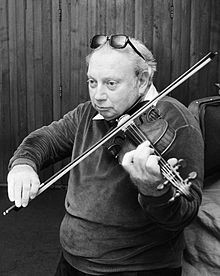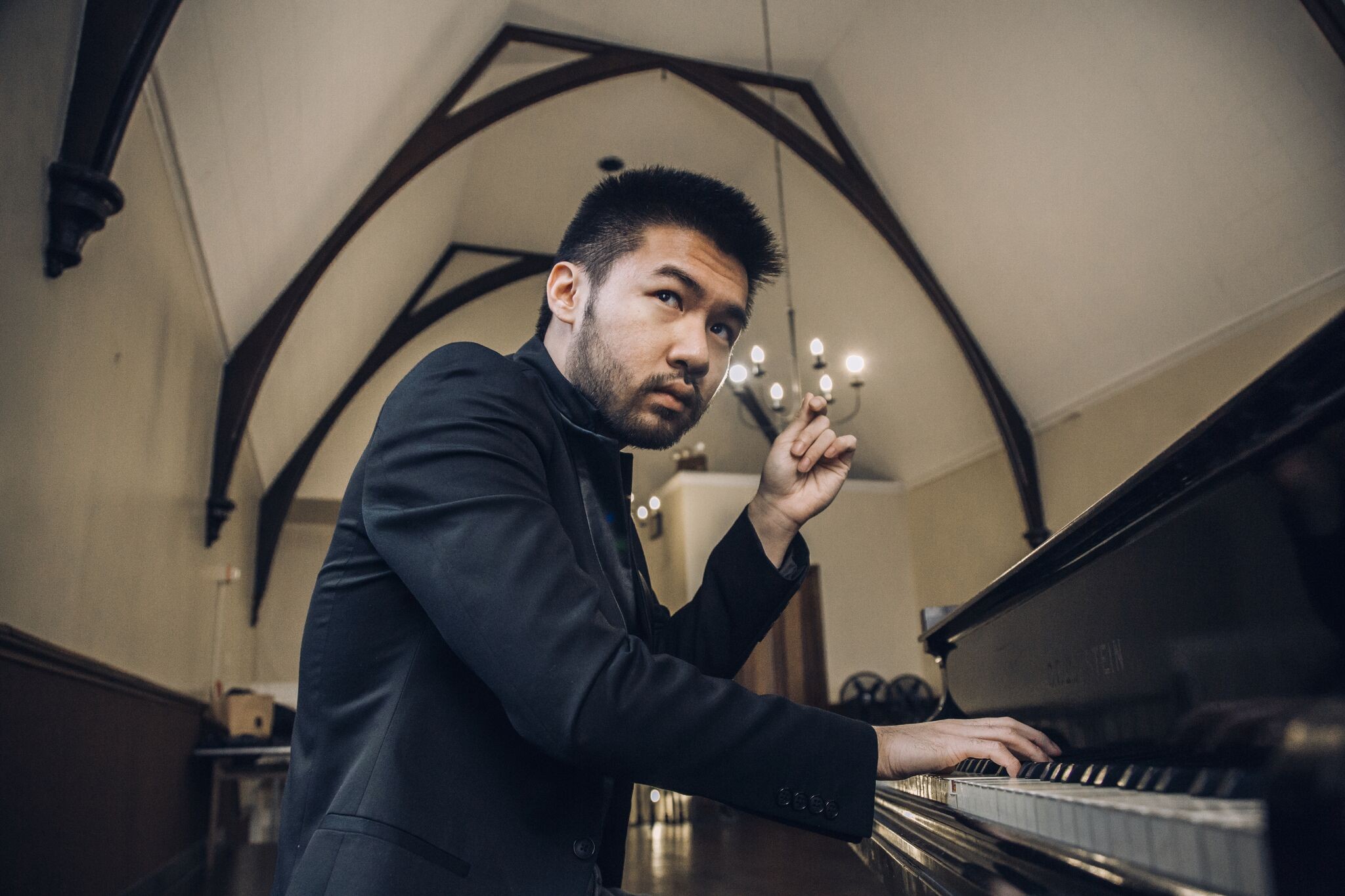 Brantley Gutierrez
Brantley Gutierrez
Conrad Tao
Composer, pianist, violinist, and electronic musician Conrad Tao, 25, is set to travel to Memphis for two performances with Iris Orchestra. Tao is a recipient of the Avery Fisher Career Grant, the New York Dance and Performance award for Outstanding Sound Design/Music Composition, eight consecutive ASCAP Morton Gould Young Composer Awards, and the Carlos Surinach Prize from BMI. He was named a Gilmore Young Artist, and he has performed alongside the Cleveland Orchestra, New York Philharmonic, and Boston Symphony. Backed up by Iris, the award-winning composer will perform a Memphis-inspired composition of his own, along with works by Haydn and Brahms, at Germantown Performing Arts Center and the Memphis Brooks Museum of Art on Saturday, January 25th, and Sunday, January 26th, respectively. The Flyer caught up with Tao to ask him about the blues, Brahms, and the tension between performing and listening.
Memphis Flyer: You were commissioned to write something that would celebrate Memphis. Tell me about that.
Conrad Tao: I ended up exploring the Delta blues lineage more broadly. I took a Charley Patton tune as my starting point for this piece. It was a Charley Patton tune called “A Spoonful Blues” that I had been listening to for a really long time. [I wanted to] consider the different roles and legacies of blues music, to hopefully offer a perspective on it that was personal.
MF: Tell me a little more about the piece.
CT: I was interested in the blues as dance music — as incredible dance music — and trying to imagine that aspect of the music. “A Spoonful Blues” is a blues tune about cocaine addiction. That is one way we could describe it, but that would really miss a lot of the point, to simply call it that. It’s this meeting point between the very social and boisterous and fun aspect of this music paired with the subject material. That’s really what’s interesting.
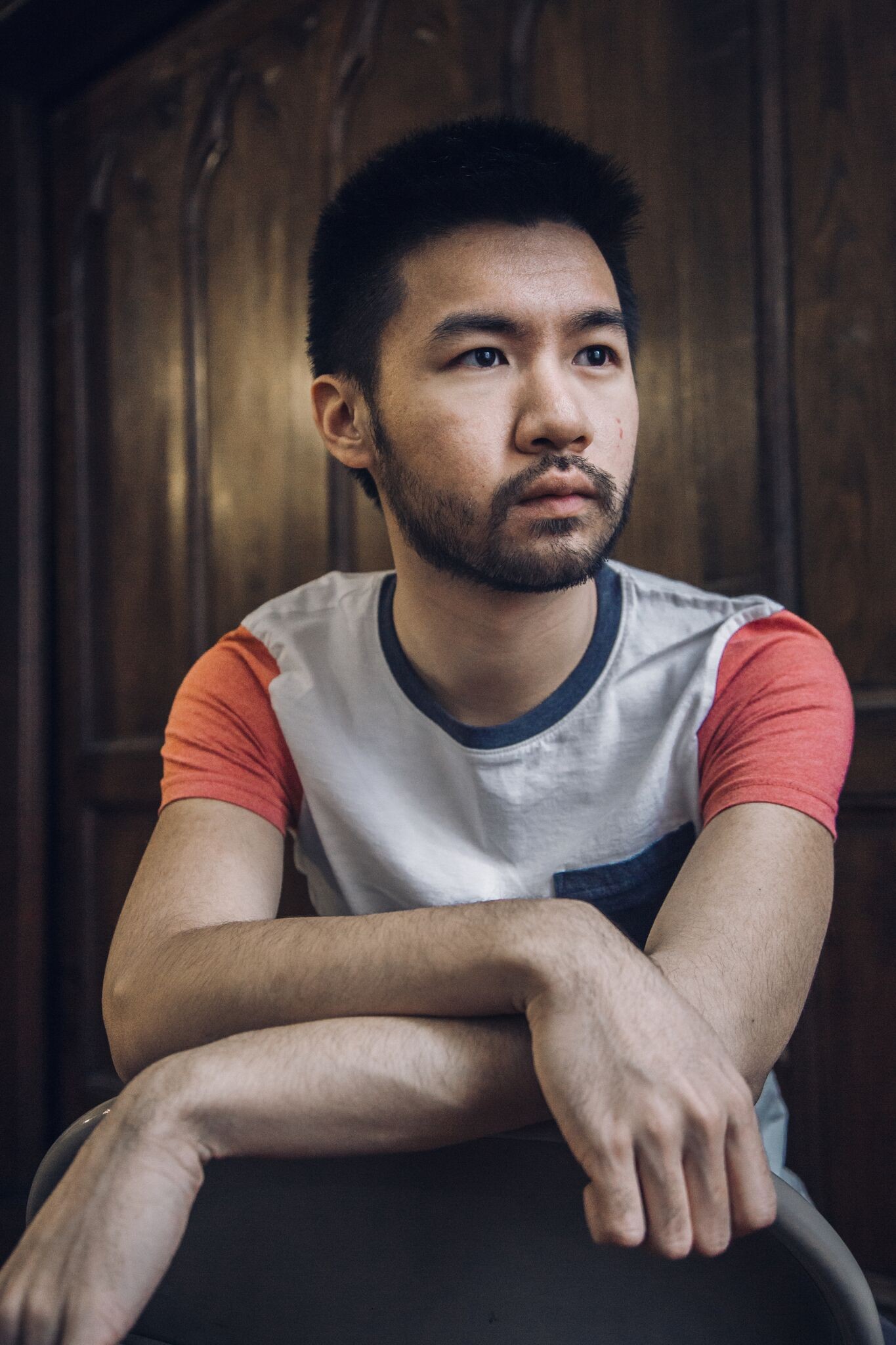 Brantley Gutierrez
Brantley Gutierrez
Conrad Tao
MF: Is there anything else you’d like to say about the composition?
CT: The first line in the recording is Patton speaking “I’m about to go to jail about this
spoonful,” and that’s the only time the word “spoonful” appears in the song. It is basically the final word of each line in the song, except that instead of Patton finishing his lines with the word spoonful vocally, it’s taken by his guitar. I loved that. I was so excited by that, this excess of the feeling is such that it has to go into the instrument. The instrument is the only honest expression of the idea of this word. … I am interested in that kind of excess in music in general. I’m interested in any moment when something feels like it’s been exceeded. It’s just a preoccupation of mine.
MF: You’re from Urbana, Illinois. Being so close to Chicago, does that give you a different take on the blues?
CT: It was not first-hand experience at all. I left Illinois when I was 9 years old, and I’ve lived in New York really ever since. It was much more absorbed just through listening to recordings, in this case a recording from 1929.
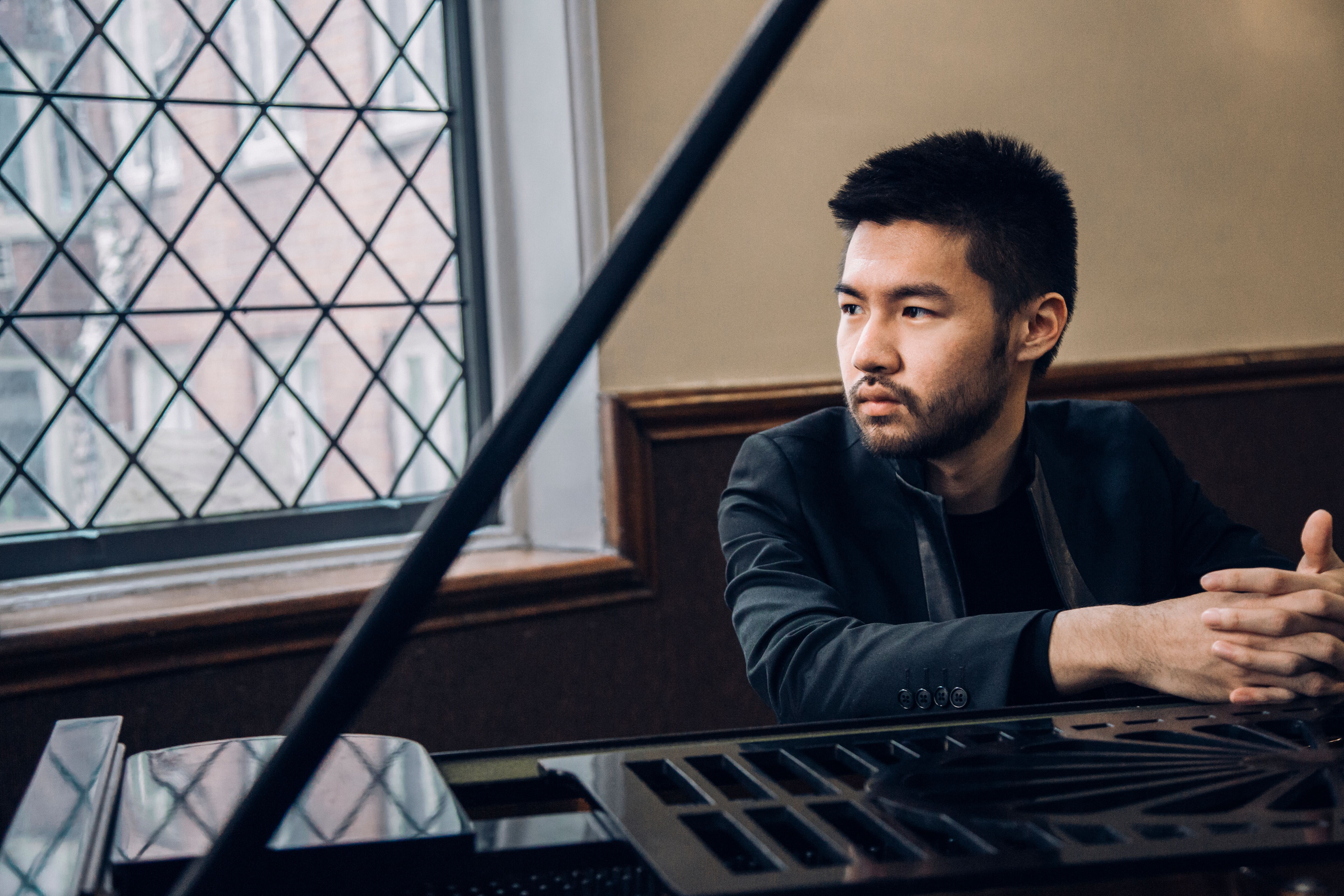 Brantley Gutierrez
Brantley Gutierrez
Conrad Tao
MF: Let’s talk about some other older compositions. Was it your choice to pair this piece with Haydn and Brahms?
CT: It was my choice to include Brahms. I feel very happy to be playing the Brahms first piano concerto right now. The piece was written when he was 25, so there’s just the happy coincidence of being at that point in my life myself, albeit in a different time. And I appreciate the emotional scope of it. I appreciate the formal rigor of it. I find that those two aspects of it are almost in conflict, and that’s what I’m really interested in.
MF: Conflict and tension can be powerful aspects of performance, especially when pairing seemingly disparate genres like classical and the blues. Talk a little about tension in music and the purpose it serves.
CT: I’m going to take a sideways route and say that I really believe that listening is the point at which music-making happens. The instruments are external to us. They’re the tools; they facilitate. We, as performers, are communicating something through the instrument, but I really think that without listening absolutely nothing happens. Listening is the plane at which all of these points can coalesce. I like this idea of music being evidence of our desire to connect the dots … to draw connections and just make sense of life.
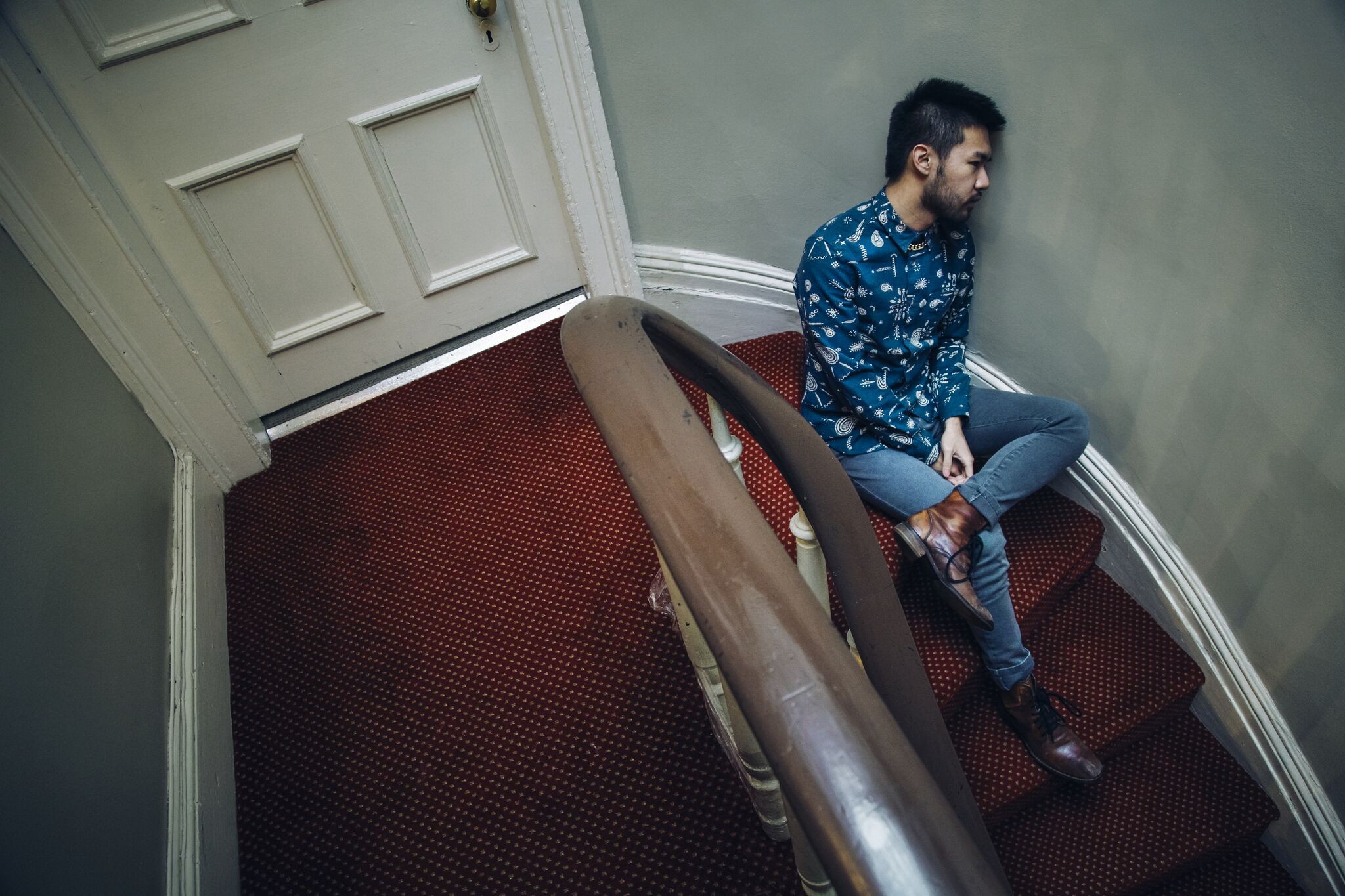 Brantley Gutierrez
Brantley Gutierrez
Conrad Tao
MF: Speaking of listening being a crucial part of performance, what are your thoughts on working with Iris?
CT: I’m excited. I’ve got one person in the band who I know, and I have known [Iris artistic director] Michael Stern for [a long time]. The first time I met him was 15 years ago at the Aspen Music Festival. I was playing in a violin section, and he was conducting. I have known Michael over the years, but we’ve never played together in this capacity, either with me as a pianist or a composer. So it’s really exciting to do that. It’s also a little nerve-wracking, especially as a composer, to work with a new conductor, but I’m hoping to dive in with openness.
Conrad Tao performs with Iris Orchestra at the Germantown Performing Arts Center Saturday, January 25th, 7:30-9:30 p.m. ($45-$70); and at the Memphis Brooks Museum of Art Hohenberg Auditorium, Sunday, January 26th, 3-5 p.m. ($40)
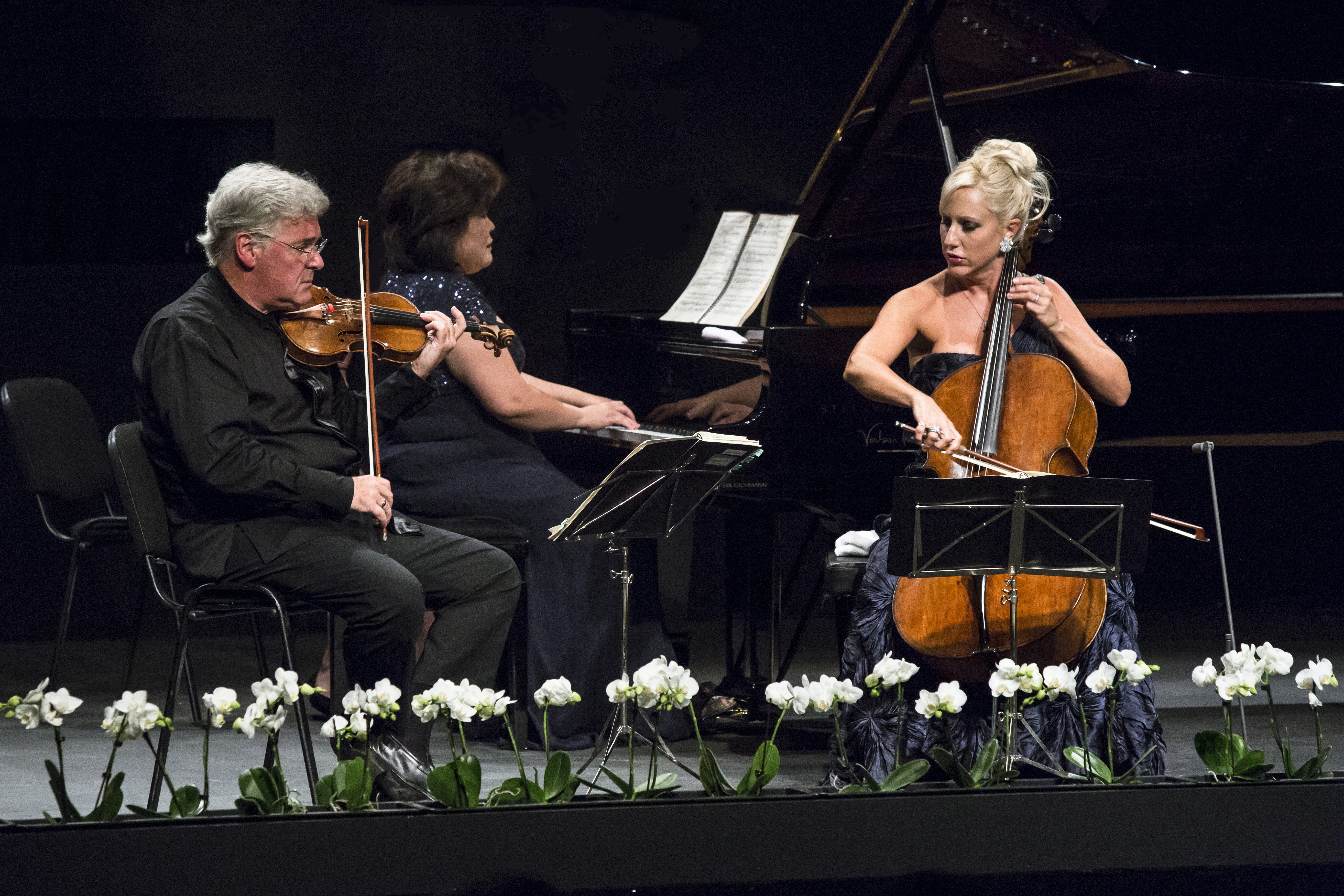
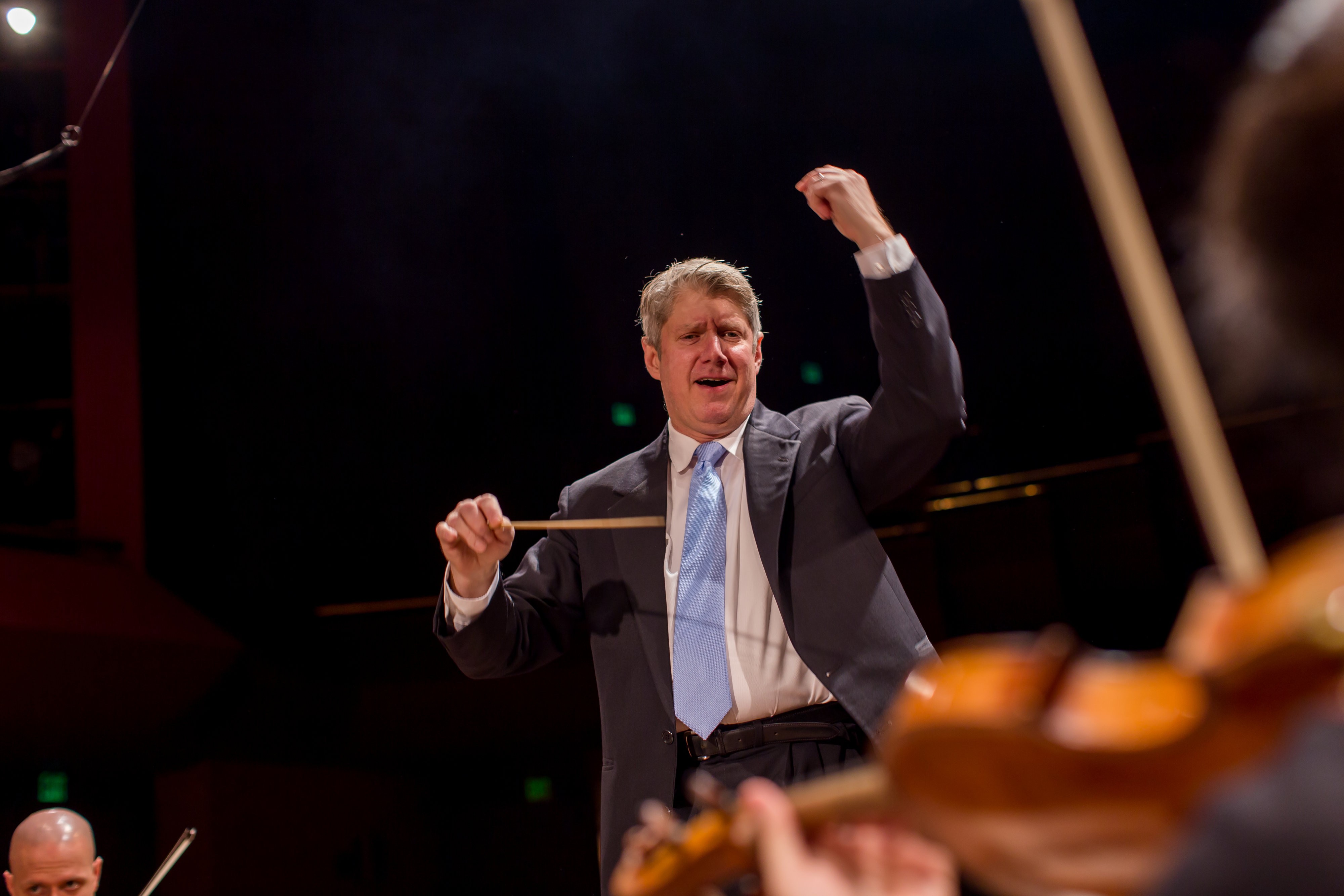 Michael Allen
Michael Allen 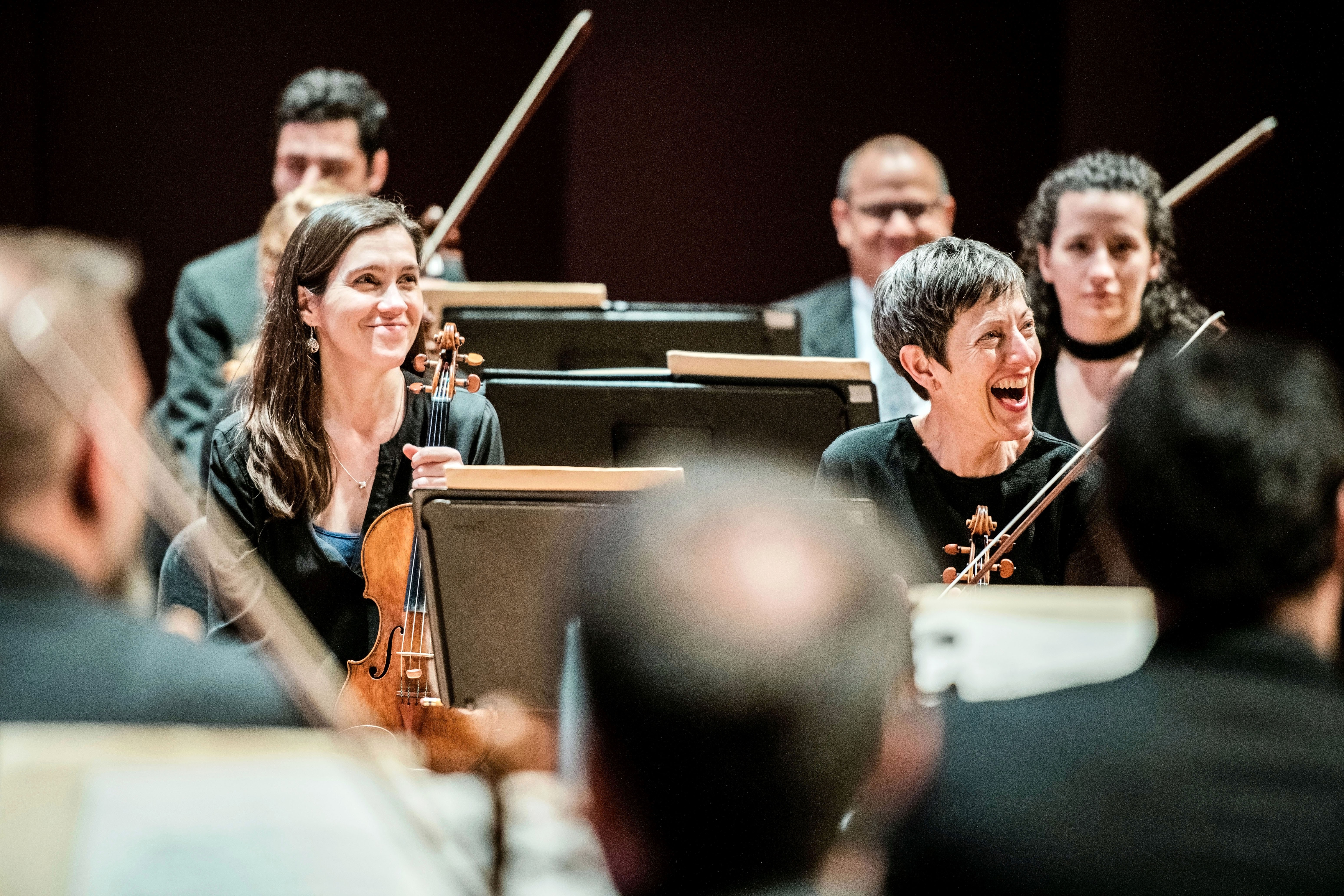 Phillip Van Zandt
Phillip Van Zandt  Michael Allen
Michael Allen 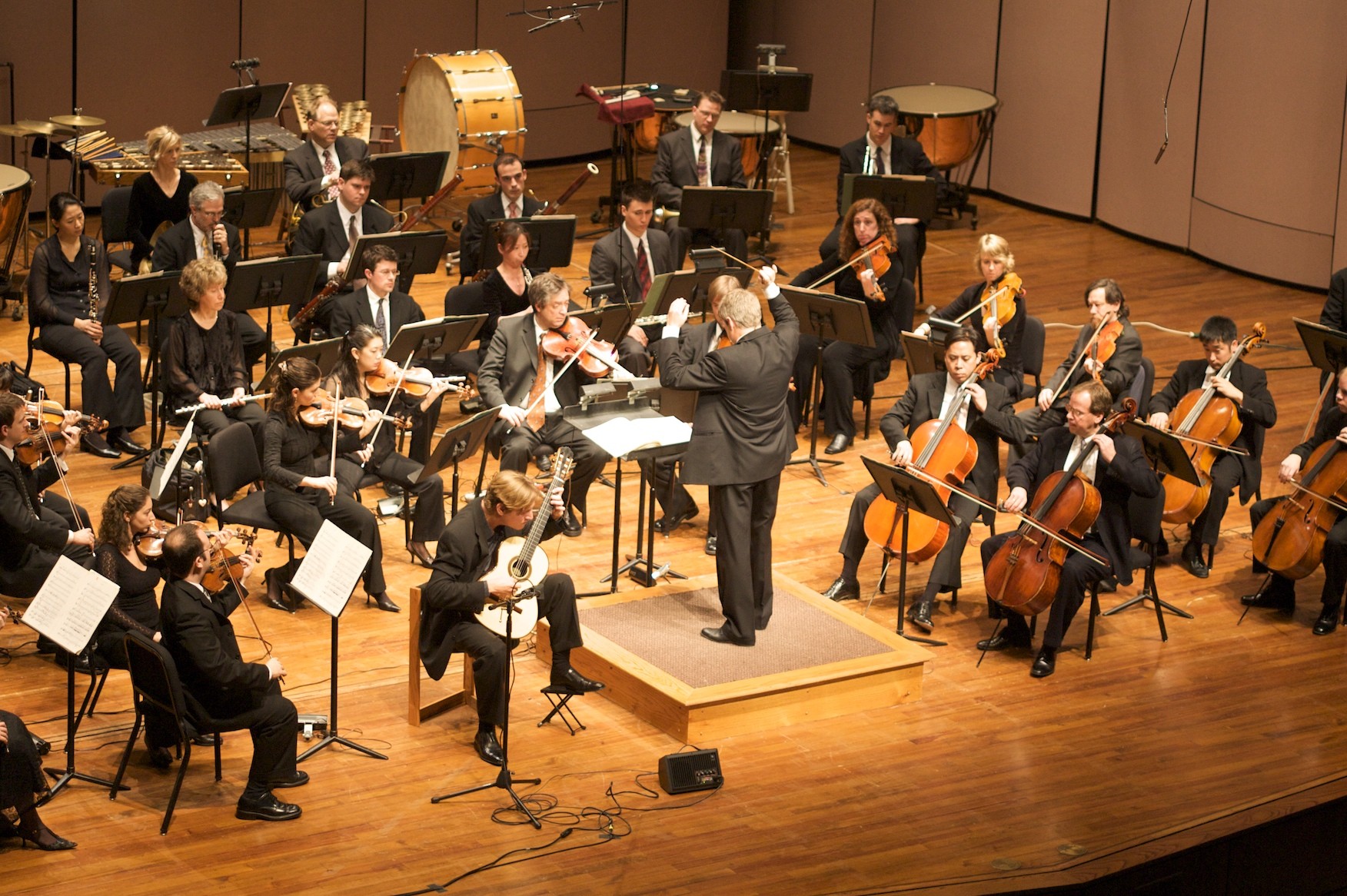 courtesy Iris Orchestra
courtesy Iris Orchestra  Phillip Van Zandt
Phillip Van Zandt 